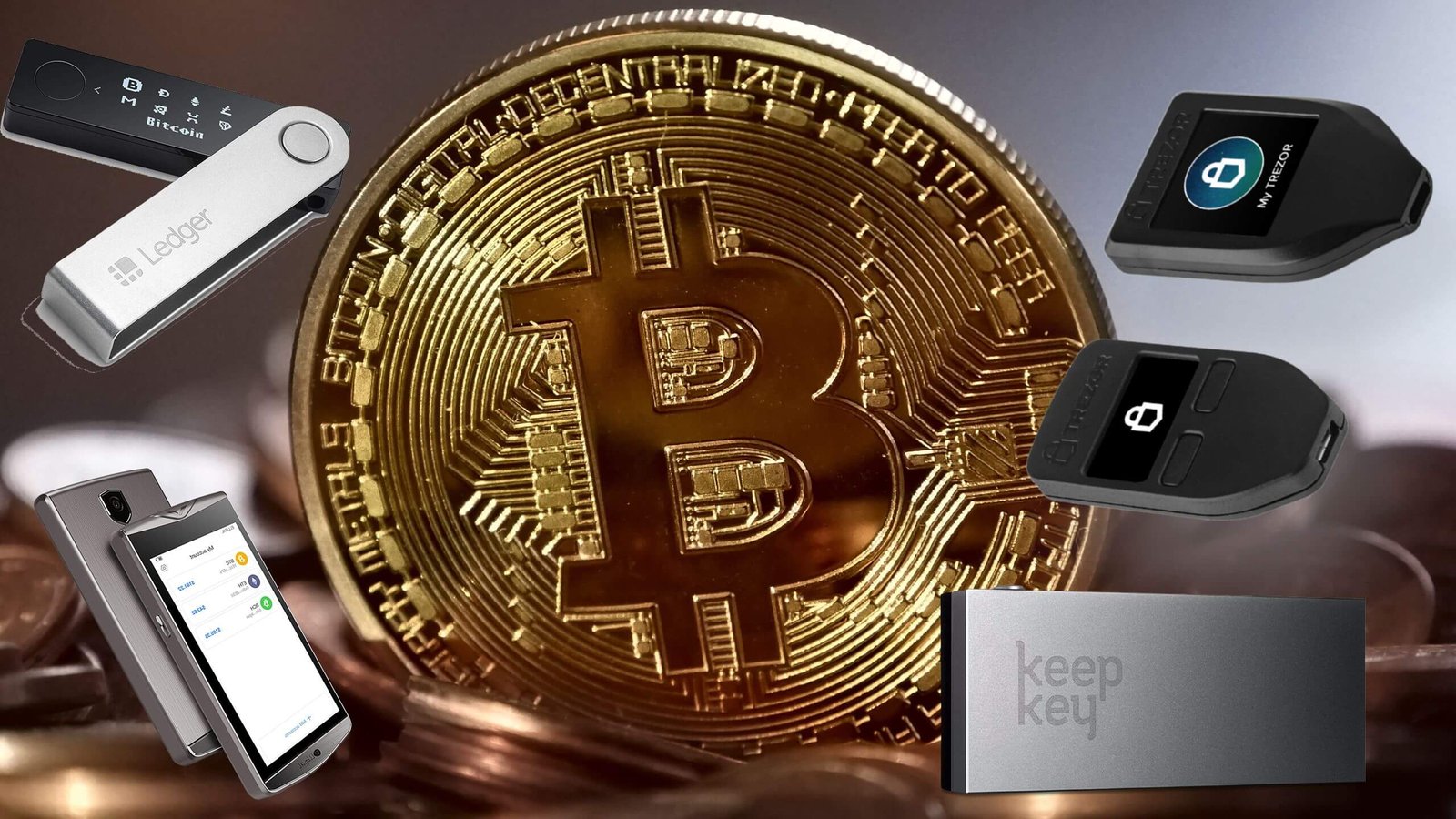When you buy Bitcoin or any other cryptocurrency on an exchange, you should focus on keeping your coins safe. While many exchanges give you the option of leaving your coins in your account, you can also transfer them to a personal crypto wallet for enhanced security. However, before you do so, you should know what wallets are, how they work, and what options you have.
What is a Cryptocurrency Wallet?
A cryptocurrency wallet stores your digital currency just like regular wallet stores cash. There are two aspects to a cryptocurrency wallet to enable transactions – the public key and the private key. A public key is like your bank account number, and you can share it with other people to send you money or withdraw money from your account when authorized. On the other hand, a private key is a password that you can use to access your account and should not be shared with anyone. There are two distinct types of cryptocurrency wallets:
Hardware Wallet
Also commonly referred to as cold wallets or cold storage, you can use them to store your keys on an offline device. Since these wallets are offline, they are difficult to hack; however, you have other types of risk, as reported by ambcrypto Espanol. If you lose the offline device or even the piece of paper with the information about the keys on it, you will lose your investment forever. If you choose cold storage, you must buy the device from the manufacturer as a device bought from a third party can easily have been tampered with to allow access to hackers.
Software Wallet
Also called hot wallets, software wallets are connected online with your cryptocurrency exchange. While you can log into your exchange, use a program downloaded to your desktop, or use a mobile phone app to operate your wallet, you run the risk of being hacked since you are online and your public and private keys are exposed.
Choosing the Right Crypto Wallet
To choose the storage option that is right for you, you need to know your risk tolerance in addition to your level of knowledge about cryptocurrency. If you are a beginner and have a low investment amount, it may be simpler to store your coins with the exchange. A report in Time recommends, choosing an exchange with a private insurance policy protecting you from a loss against hacking.
However, if you have a long-term view of your investments and do not plan on trading, it is invariably better for you to move your coins to cold storage. However, hot wallets score with their relative ease of use since they are always online. If you use a cold wallet, you will first need to locate a computer to plug in your device, transfer money into a hot wallet, and only then can you transact.
Conclusion
The selection between the different storage modes generally boils down to your personal preferences, your risk profile, the investment amount, and the frequency of transactions. As a beginner, it is invariably better to store your coins with the exchange till you understand more about the different security concepts and are confident enough to use and secure hot or cold wallets.









